Thebes Land: An interview with Daniel Goldman, the director championing Latin American theatre in the UK
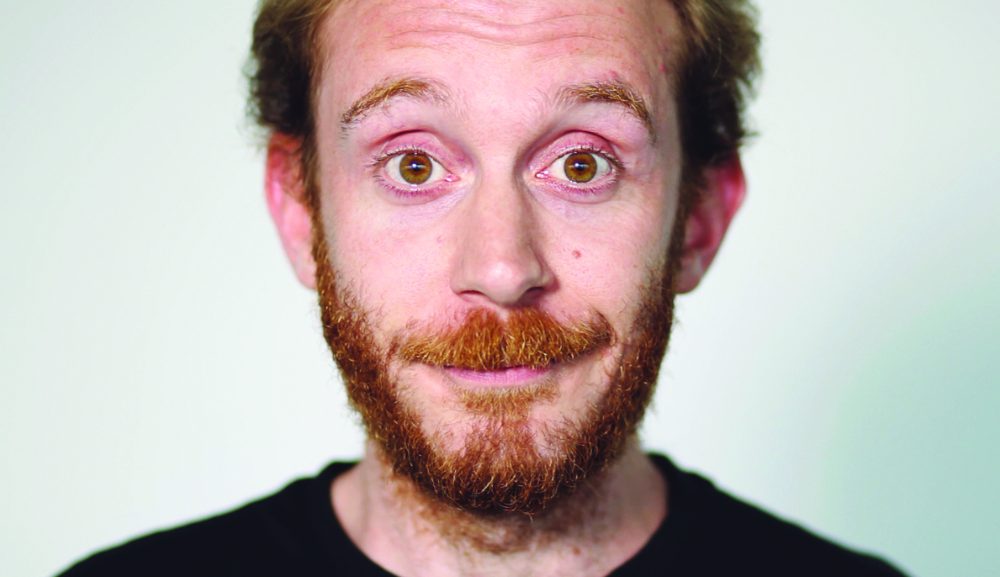
Daniel Goldman is the artistic director of the CASA Latin American Theatre Festival and the director of the award-winning play, Thebes Land. Now in their tenth year, the CASA Festival is dedicated to showcasing the best of Latin American theatre. Each year, the festival highlights hundreds of artists – both visiting and UK-based – of Latin American heritage, and engages audiences of all nationalities in exciting theatre experiences. This year the festival began with a reprisal of Thebes Land at the Arcola Theatre. We caught up with Goldman to chat about the festival, the play, and his passion for the theatre of Latin America.
Hi Daniel and congratulations on the ten-year anniversary of CASA Latin American Theatre Festival. That’s a huge accomplishment! Can you tell me about what inspired you to create a theatre festival dedicated entirely to Latin American and UK-based Latin American work?
When I was 21, I went to live in Argentina for a year to go to drama school and when I was there I discovered a theatre that was socially – and politically – engaged in a way that I’d never experienced in the UK. It was thrilling to discover theatre that existed to be the starting point for debate and dialogue and protest. When I came back to the UK, I realised that although there was a Latin American art, music and cinema scene, close to zero Latin American theatre was making it over. I found a group of like-minded artists and volunteers and together we put on the first CASA festival, which was a season of three Latin American plays in English in a crypt in Holborn in September 2007. Every year since then the format of the festival has changed. Ten years later, we’re putting on an eight-week festival of homegrown shows, amazing visiting international work by Latin America’s leading companies, and developing and supporting some really exciting UK artists of Latin American heritage. It’s sort of crazy to think that ten years have gone by.
Is it fair to say that the festival is geared towards a Latin American audience or is it more about sharing the work of one community with the greater population of London? How important is the cultural exchange aspect and why?
The cultural exchange aspect is massively important. We want audiences of all backgrounds, ethnicities and ages to see our shows. That said, of course we do feel a responsibility to reach out to the Latin American community and do all we can to make it as easy as possible for Latin Americans who live in the UK to feel welcome at a festival that celebrates Latin American culture. Theatre can often feel exclusive, especially to minority ethnic communities so it’s important for us to open our doors and say yes, theatre is cool, yes, theatre is fun, yes, you’re welcome, come in.
Theatre has always been a forum of cultural exchange and discussion; a way we can express ourselves and in turn hope to gain an understanding of others. On the festival’s website, it’s stated that “the importance of international festivals that push cultural boundaries and open our minds has never been greater.” Can you elaborate on this?
The Brexit vote was heartbreaking. It smacked of fear-mongering and isolationism. My statement referred to my belief that building bridges between cultures and experiencing otherness, whatever that might be, has never been more vital. We are the sum of our experiences and the richer and more varied the nature of our experiences, the greater we are. I think art has a role to play. Great art transcends language and unlocks universal truths… And those truths and that shared humanity is what’ll make us a little bit kinder.
This isn’t the first time Thebes Land is being brought to the Arcola. Its last run received universal acclaim and won Best Production at the 2016 Off West End Awards. How do you expect the play will be different this time around?
It is different. The amazing thing about being able to remount a show is the opportunity to make it better, clean up moments, add detail. We had a brilliant week of rehearsals this time round and I think we’ve made the show better. We worked a fair bit on the tempo of the show to make the whole play more dynamic; we’ve made the end of the first half more exciting and we’ve worked a bit more on the technology and the use of the screens. Plus, the characters were deeper in the actor’s bodies – I’m really pleased.
Yes, Alex Austin and Trevor White reprise their respective roles in this run. How was it to be working together again?
Trevor and Alex are a delight to work with. We played a lot of games and did a little bit of table work, but essentially we were up on our feet with both Alex and Trevor trying new things. I think it’s turned out beautifully…!
There’s this idea that the director is supposed to be a kind of omniscient being, knowing every in and out of the play. With Thebes Land in particular, a show that deals with shifting realities and a multi-layered, meta-theatrical experience, how do you keep hold of such an intangible play?
Oh, it’s such a brilliantly written play that actually the job was not to get in the way of it. Just let the actors have fun and have a nice time playing, and the play sort of did the rest. We’ve made this show as a team. Trevor, Alex, Cassie (our first SM), Anna (the SM on this run), Mariana, Malena, Gianluca, Gemma (the assistant and associate directors and designers), Jemima, Elena and Richard, Geoff etc. It’s been a group effort and everyone has brought insight and ideas to the show. It’s not a show I had in my mind and translated to the stage. It’s a project shared by a whole bunch of brilliant artists.
You translated the play from Spanish to English. Would you say that your translation is more of an adaptation from Blanco’s original work to suit an English audience? How does that affect things?
Yes. It is absolutely an adaptation and a re-contextualisation of Sergio Blanco’s original play but if you see the play, then you’ll understand why it sort of has to be that way. My main aim when translating was to translate the experience of watching the play. That was the key. Everything else is just detail.
There’s something exciting and beautiful about bringing over and sharing work from the other side of the world. But at a time when cultural appropriation is at the forefront of the collective social awareness, how do you avoid this? What is the line of appropriation and appreciation and how can the theatre community continue to stage plays and make work that highlights the achievements of a culture other than their own?
In many ways, Sergio’s play is sort of timeless and culture-free. It is universal in its ambitions and invites you as a maker, translator and artist to appropriate it. It’s very rare in that sense. I think the bigger picture, however, is more complicated. I guess my take is that I think that one should have the right to tell any story so long as one tells it well, sensitively and intelligently… But it’s such a massive question and one that needs to be discussed and explored and interrogated.
And finally, what’s next? Do you think you will continue to revisit the play in the future? Where do you hope to see Thebes Land go from here?
Well, we want to tour Thebes Land around the UK next year for sure… And with Sergio’s blessing, I’d love to mount new productions of it in the US, in Canada, in Australia etc. I love this play so much and the opportunity to create new versions that make sense for very different audiences is properly exciting…
Thank you so much for your time.
Zoe Tamara
Thebes Land is at Arcola Theatre from 6th September until 7th October 2017. Read our review here.
For further information about Daniel Goldman and CASA Latin American Theatre Festival visit the CASA Festival website here.


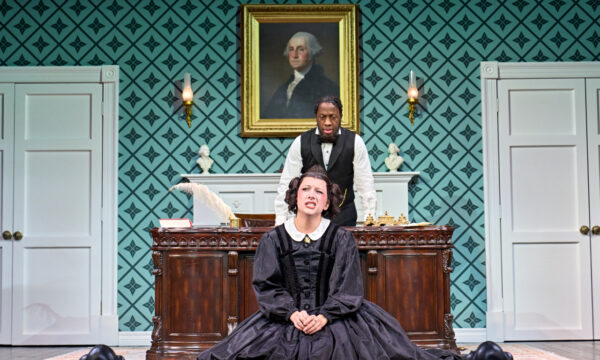
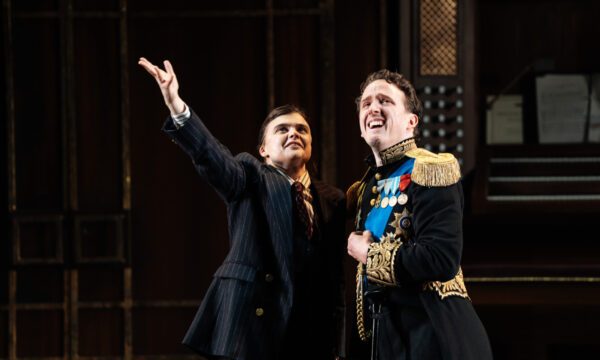

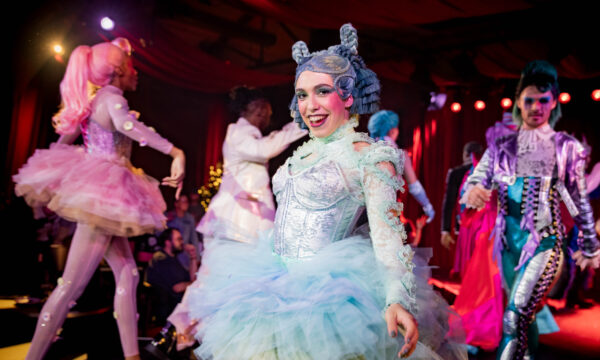
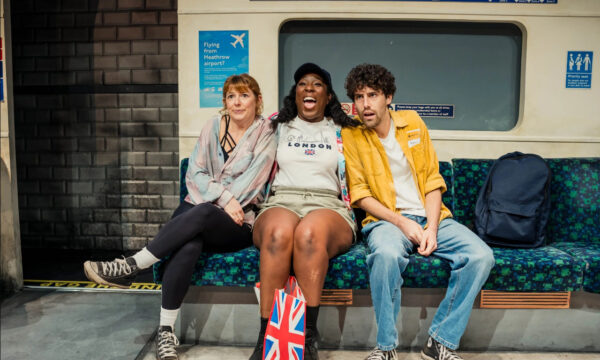

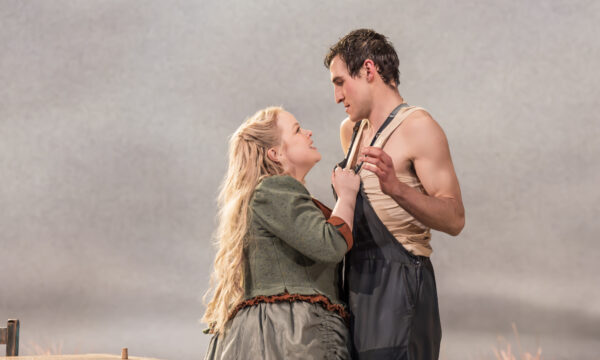

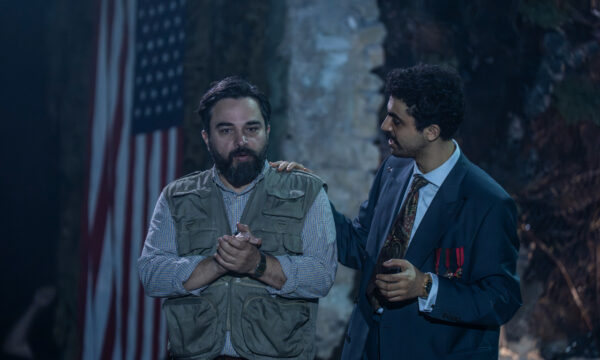


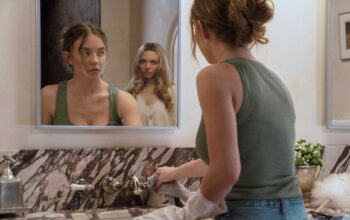


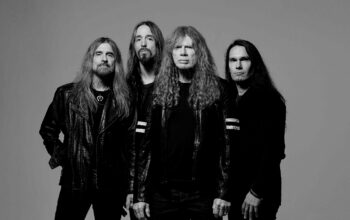
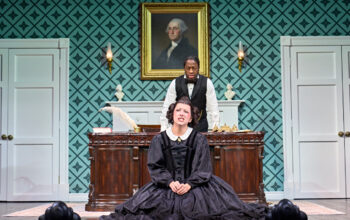

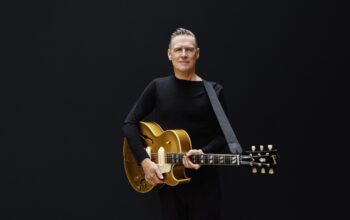



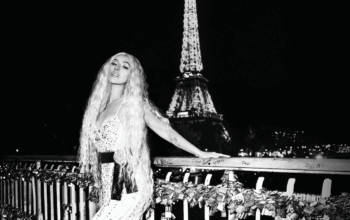
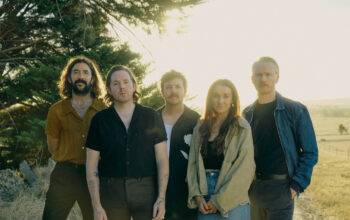
Facebook
Twitter
Instagram
YouTube
RSS